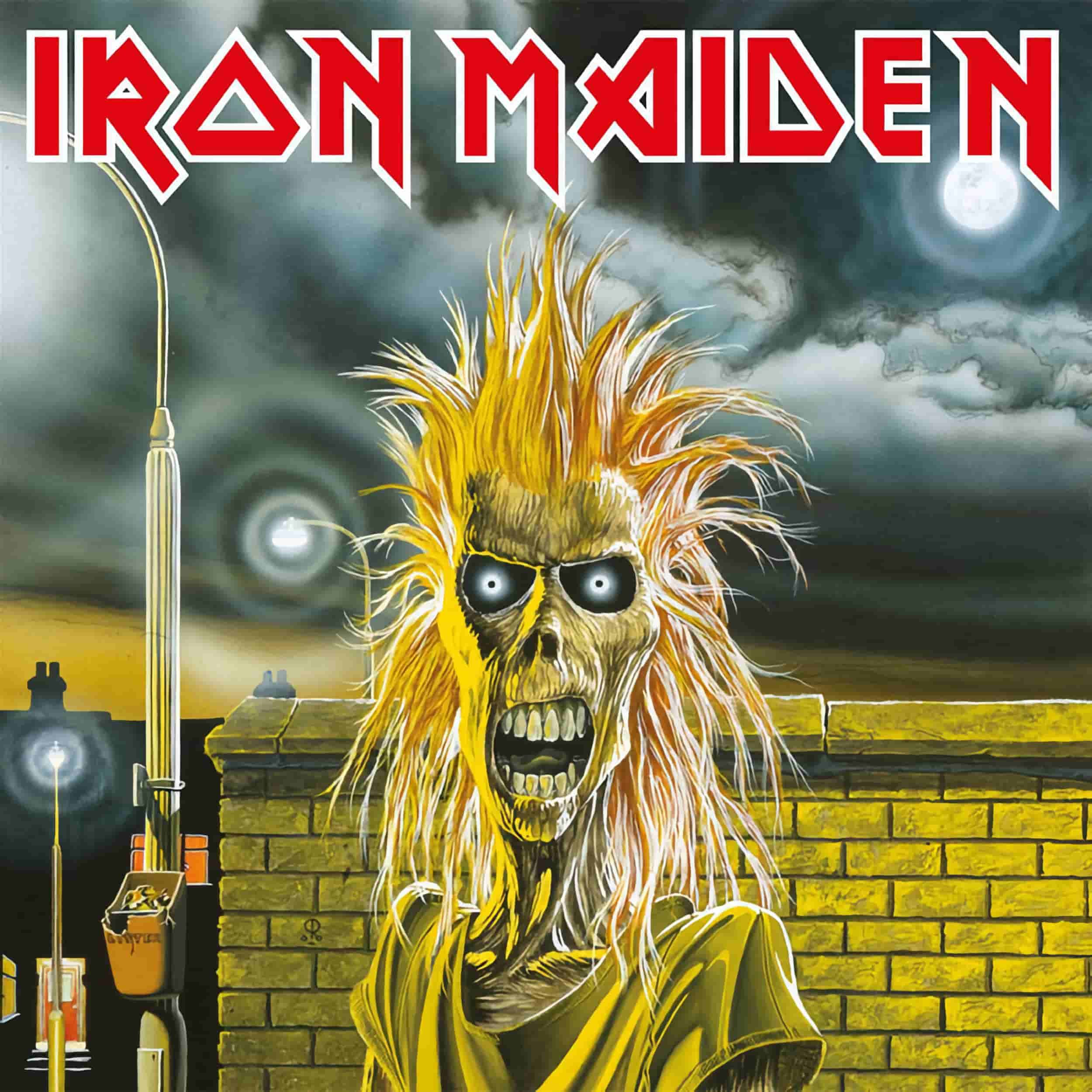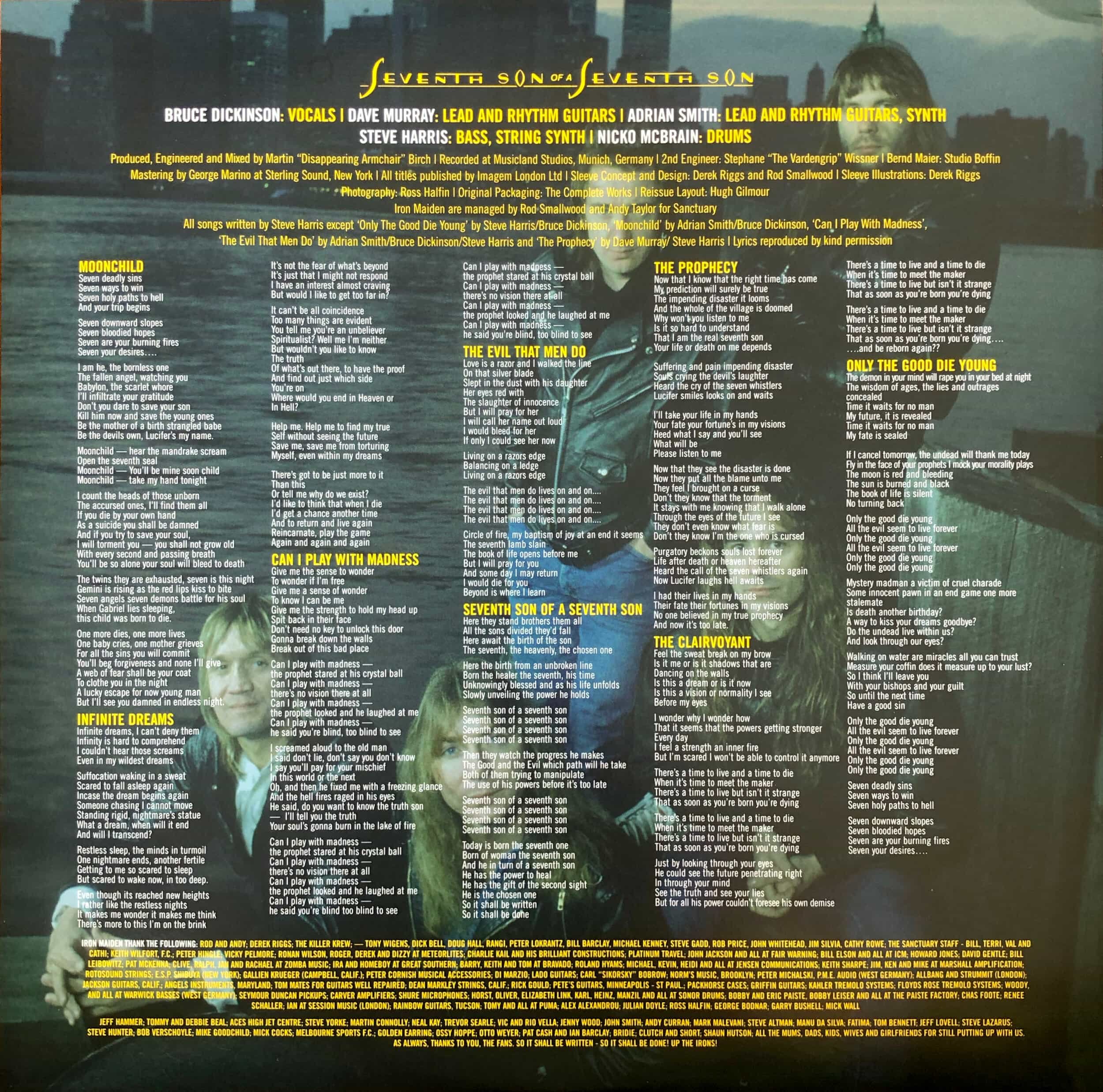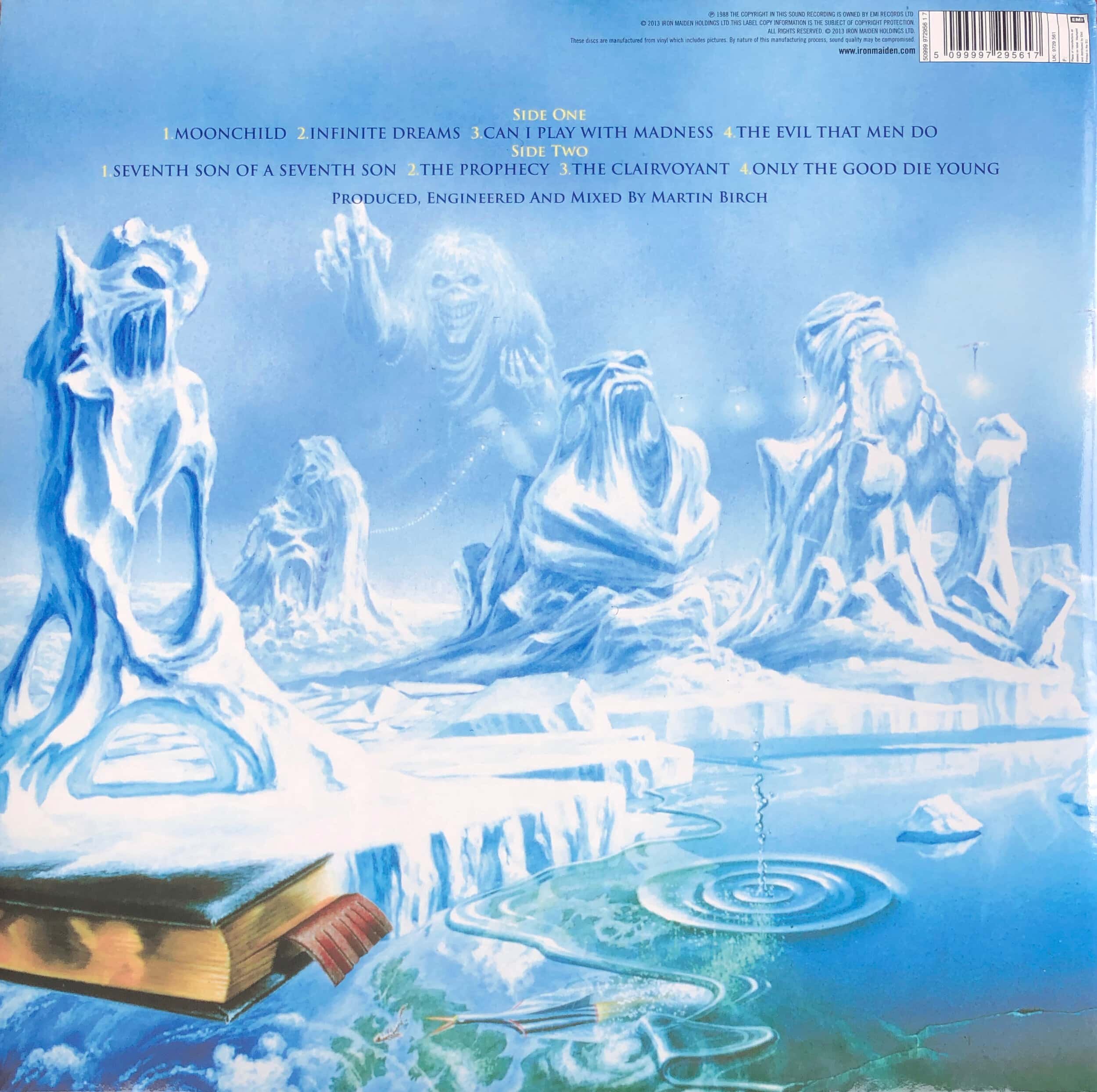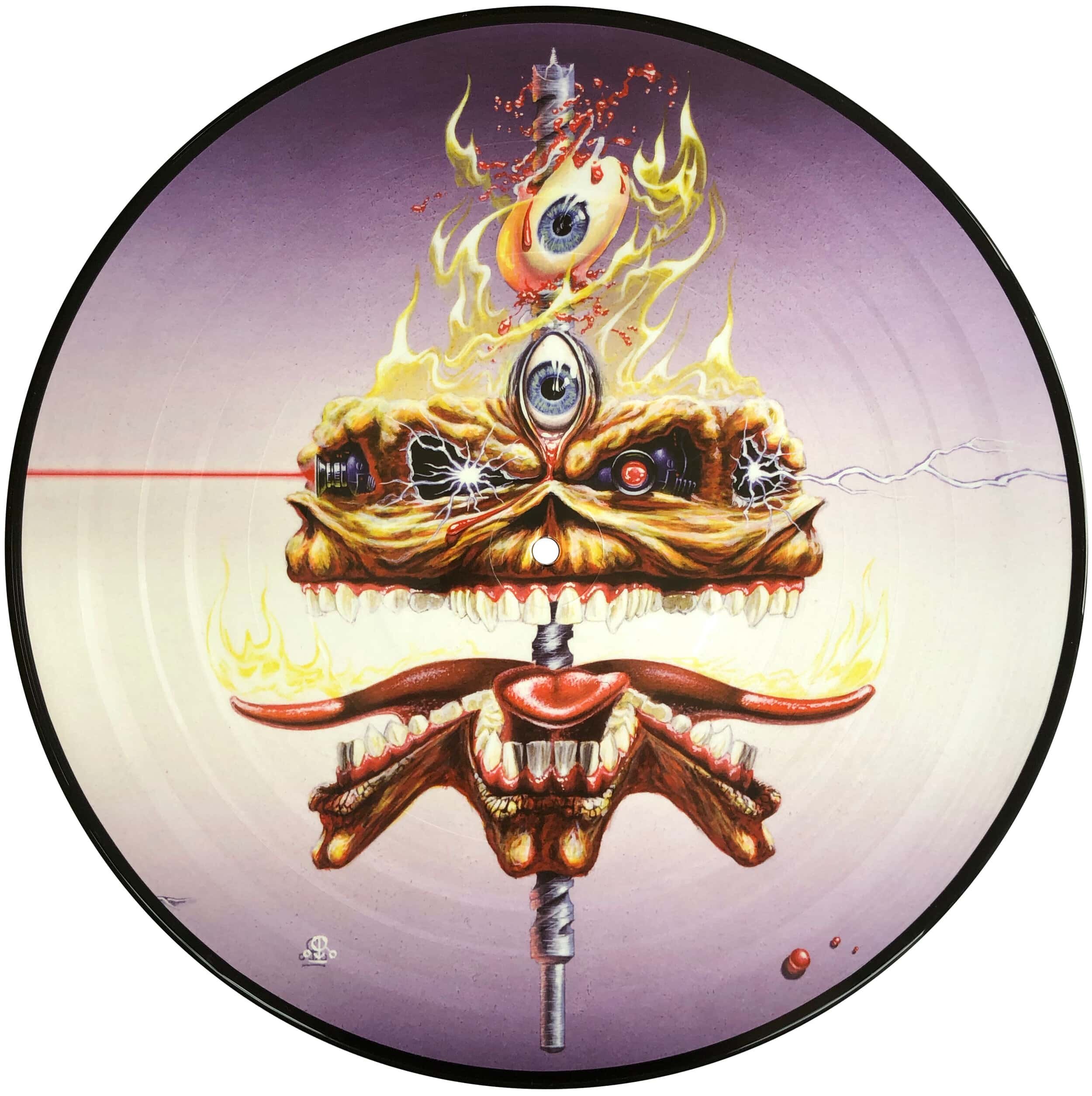Released in 1984, Powerslave is Iron Maiden’s fifth studio release and vocalist Bruce Dickinson’s third outing with the band. While opinions will differ, Powerslave is arguably the strongest, early-80s, release for Maiden as The Number Of The Beast and Piece Of Mind both have exceptional songs but aren’t quite the cohesive album experience that Powerslave is. If nothing else, Powerslave is the embodiment of the heavy metal genre featuring intricate compositions and powerful performances that marked a high point in the band’s career, both in terms of their musical evolution and global popularity.
As is always the case with Iron Maiden, the album artwork is exquisite. Of course, with a keen interest in Ancient Egypt, I may be a little biased, but Powerslave doesn’t disappoint in that regard for it is as bold as the music contained within. However, when you get down to the sonic elements of Maiden’s records, while the production and overall mix are generally superb, the mastering of their albums, particularly the remastered releases, has been a point of contention amongst fans. Some prefer the original releases, others the 1998 remasters. Add to that the 2015 remasters and you’ve got three quite different interpretations of the same music.
While I haven’t been fortunate enough to hear the original release, of Powerslave, those familiar with the 1998 remaster will likely agree that it’s thin, shrill, and fatiguing to listen to; particularly at higher volumes. In contrast, the 2015 remaster offers a smoother presentation with a boost to the mid and low-end while simultaneously dialling back the treble range slightly. It’s certainly an improvement, from my subjective perspective, and the good news is that this most current remaster is available not only via streaming but it has also been released on CD and Vinyl, meaning that there is consistency across the board.
Aces High opens the album superbly with an opening riff that’s not only iconic but sets the tone for the entire record. The relentless assault on the senses captures the intensity of fighter pilots during the Second World War (the subject matter of the song) and is, subsequently, musical storytelling at its very best. Add to that Bruce Dickinson’s soaring vocals and you’ve got an incredible song from start to finish.
2 Minutes To Midnight is an anti-war song that utilises the idea of the Doomsday Clock to formulate a message against hostility. While I rarely focus on literal intent and song meanings, instead preferring to appreciate the human vocal as an instrument within the mix, 2 Minutes To Midnight makes you sit up and pay attention. It also happens to be one of Maiden’s most enduring classics, one that balances melodic hooks with a heavy, ominous atmosphere. Most notable, however, is the instantly recognisable riff and duelling guitars between Adrian Smith and Dave Murray; pure genius.
Losfer Words (Big ‘Orra) may be the only instrumental track on the album, but as much as I love Dickinson’s vocal prowess, Losfer Words (Big ‘Orra) showcases Iron Maiden’s musical chops without the need for lyrics. There’s part of me that appreciates it so much that I’d love to see Maiden release a series of albums, or songs, sans lyrics for they truly offer a different perspective. As you listen to the song, you’ll no doubt appreciate the complex arrangement for each member’s contribution shines through the mix with the interplay between guitars, and Steve Harris' bass, creating a layered and intricate sound that is both powerful and melodic. It, truly, is one of Maiden’s greatest tunes.
Flash Of The Blade features a sharp, stabbing riff, with an almost frenzied tempo that is Maiden 101. While it was never going to be a highlight from the album, Flash Of The Blade is an example of a quintessential album-only tune; one that drives the album forward and ensures that it’s a memorable experience.
The Duellists, similarly to Flash Of The Blade, enhances the album but was never destined to be a standout. That said, there are some magical musical aspects to be heard throughout as the band is on fire. The Duellists, in my opinion, would have been another ideal instrumental tune as Dickinson’s vocal ultimately detracts from the performance of the band.
Back In The Village is frenetic and is one of the more aggressive songs on the album, but it isn’t great. Dickinson’s vocal performance on this number is unsuited to the song and while I can look the other way, when it comes to listening to the album in its linear structure, Back In The Village is one of the poorest songs Iron Maiden has ever recorded. That said, the duelling guitars and overall musical bed, particularly mid-song, are incredible.
Powerslave, as the title track, was always going to be the centrepiece of the album and it delivers. The instrumental section is a masterclass in Iron Maiden’s ability to build tension and atmosphere, culminating in a powerful crescendo, but it’s the guitar riff and interplay that is, again, a standout element.
Rime Of The Ancient Mariner is the album’s epic closer. Musically, it’s a journey in itself, shifting through various tempos and moods, from the eerie quiet of the middle section to the thunderous conclusion. Without a doubt, it is one of Maiden’s most ambitious compositions, but it’s a testament to their skill and creativity that they were able to pull it off. Yes, at over 13 minutes, it was never going to be released as a single, but it is single-worthy and deserving of more recognition than it often receives.
Overall, Powerslave is an incredible album that showcases Iron Maiden at the peak of their creative powers. Each track contributes to the record’s overarching sense of grandeur and adventure, making it a cohesive and immersive experience. For fans of heavy metal, Powerslave is an essential listen and it’s not only one of Maiden’s greatest releases, but it’s amongst the very best albums released in 1984.












